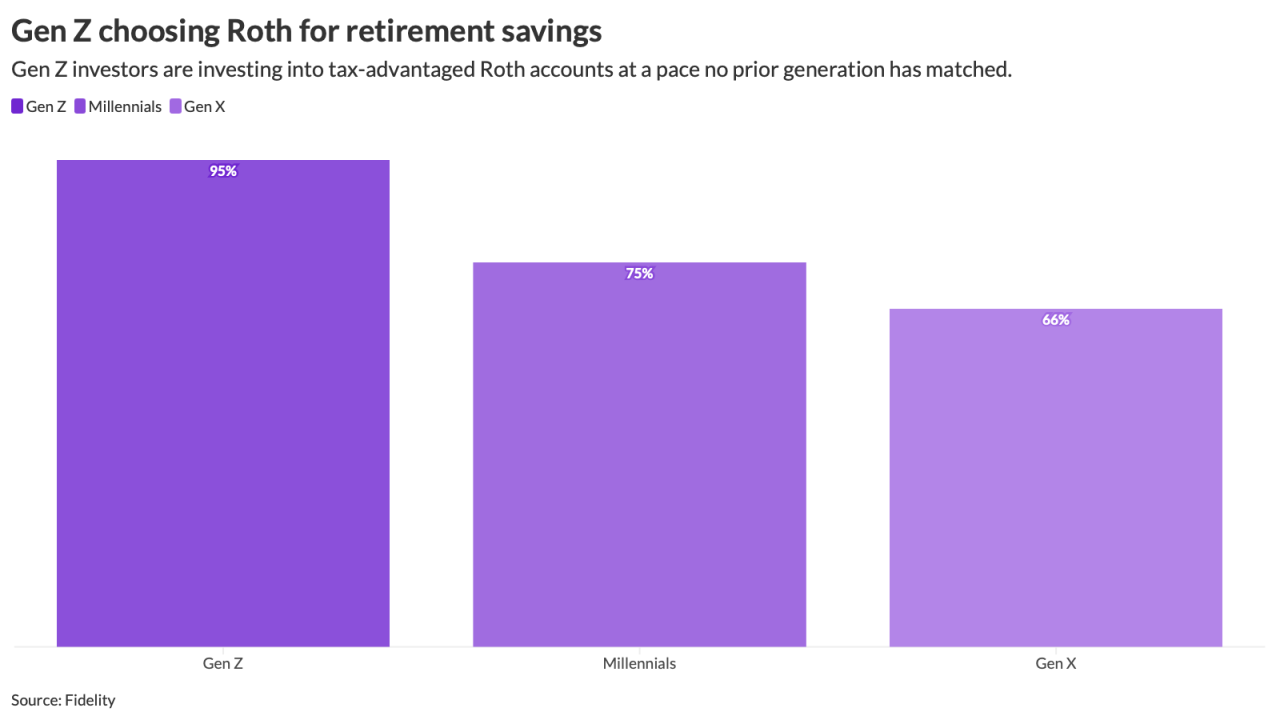While healthcare cost control is always top of mind for employers, cutting costs cannot come at the expense of value, says Michael Thompson, the National Business Coalition on Health’s new CEO. Thompson recently discussed his plans for the NBCH, a national, nonprofit, membership organization of purchaser-led healthcare coalitions from across the country, and his thoughts about the direction of private exchanges.

What appealed to you about this position?
There are 51 coalitions with 7,000 employers and 35 million people. Employers have always played a leadership role in driving change in the system, and the ability to facilitate and lead and collaborate with other stakeholders through this coalition of framework is really unparalleled in the country.
What are your plans for the group; what do you hope to accomplish?
In the short term I think we're really trying to better understand what all the coalitions are doing. The strength of the National Business Coalition on Health is not the National Business Coalition on Health, it's really the [regional] coalitions. There's a tremendous amount of initiatives and insight being attained across the country.
Longer term, I think we do want to create a framework where stakeholders are better able to access the employers across the country. For example, we're putting in an innovation hall where companies that have a unique value proposition will have the ability to apply to be part of this innovation hall. As a member of the innovation hall, they get reviewed through a process to qualify for that, but they also commit to an independent assessment of their performance.
Another big initiative relates to really recognizing the consolidation in the industry. The health plans are consolidating, the PBMs have consolidated, the pharmaceutical companies have consolidated, the health systems are consolidating, and the consulting firms are consolidating. There's so much consolidation occurring in the industry that increasingly there are a few important players that we need to be in touch with, and increasingly, those players are in conflict with each other. The consulting firms, for example, are often competing with health plans now, as they get into the private exchange business. The ability to create an unfiltered message between stakeholders, particularly with the employer community, is somewhat compromised. What we will do is we’ll facilitate access to senior leaders in these large, consolidated entities to the employer community, and do so in a way that not just comes from the National Business Coalition on Health for the coalitions, but actually break through the coalitions to the employers. We have a business model that will make sure that those 7,000 employers hear the message of senior leaders of these major entities.
A third big initiative that we have underway is we're going to be developing a well-being institute. The concern is that so much of the movement has moved from wellness to well-being, but not much has really changed. They've effectively replaced the word wellness with the word well-being. It hasn't changed materially. Of course, they have added some financial well-being. Maybe some other elements, but I think there's a higher order calling around well-being and, frankly, I think that's where employers are heading longer term. There are companies that are great examples that are out ahead in that framework, but I think trying to get there through our wellness roots is complicated, so we're going to step right over that and build something that is going to be a compelling support to companies taking a step beyond wellness, beyond benefits, actually into a broader opportunity around well-being.
Finally, delivery reform. So much talk around the Accountable Care Act and the impact the Accountable Care Act has had, but it's really just a down payment on longer term reform. The longer term reform, frankly, is going to come from the private sector aligning with the public sector. It's not through legislation per se, as much it is the dire need for public programs like Medicare and Medicaid to get control of the situation. I think if we can stay aligned with Medicare, Medicaid, and again, use the coalitions to help support stakeholder engagement and drive change in their communities, that can make a huge difference.
What do you see as some of the biggest healthcare challenges facing employers today?
I think healthcare cost is always job 1, but it's not healthcare cost at the expense of value. I think we have to be careful to be myopic in how we think. This isn't all about cutting the meat out of the healthcare system, which would be a mistake. In fact, there are examples in the system today where we've actually done that. You know I'm a very strong advocate in the mental health arena, and today we're not getting the care to the people that need services on an affordable basis for mental health. You have to go out of network if you want to get services. That's a concern, and we've gotten used to it and that's a problem.
I think specialty drugs is another interesting one. Clearly, it's the biggest feeder of trend right now, healthcare trend. Cost increases year over year, yet many of these medications are breakthroughs in people's lives, so we need to be able to understand and support that value where it exists, but then manage that growth in a way that really gets the right people at the right time and have those patients, those consumers, engaged in a way that we're not wasting what is otherwise highly expensive treatment. Either because they're taking it but taking it irregularly and not getting the benefit, or they're getting it, but they're not using it at all.
I think we are concerned about this consolidation that we spoke of. Every time we talk to a lot of the stakeholders, particularly the health plans or the employers, they worry that the point of this consolidation is not to take waste out of the system, but rather to add leverage to the market dynamic. Frankly, that doesn't change until we change the incentives in the system. As long as we keep paying for volume, leverage in the system will be about more volume and higher prices. If we can change the incentives in the system, where we start paying for value, where we start looking at bundled payments or we create competitive systems of accountable care organizations against more traditional plans, then I think the dynamics become more normal than what we have today. The good news is that there's a lot of these things at work today. There are hints at things that can be leveraged more broadly. I think our goal is to be a part of the conversation informing that future vision, but also then leveraging it rapidly across these coalitions all across the country.
What do you make of the Cadillac tax delay?
The Cadillac tax, interestingly, was one of the things that was probably having more of an impact in the employer community than many things. While there were a lot of taxes and compliance and all that, the Cadillac tax was really accelerating a movement that was happening otherwise around people moving to higher-deductible plans anyways, in anticipation that the Cadillac tax was going to hit. It was hitting disproportionately in different industries and different geographies and that's where some of the fairness issue was legitimately challenged.
I think there's also a concern that for some populations, the plans that employees were getting forced to, they just weren't appropriate. I mean, if you had a low paid workforce and the deductibles are very high, frankly, that becomes an economic barrier to care and I don't think that's what we were looking for in terms of how to manage costs or improve health in the country.
Having said that, we don't know how this plays out long term. It could be that the Cadillac tax will come back in its present form a couple years later and it will have all the same impacts that it had. It could get modified significantly, technical corrections or whatever, or there could come an entirely different form that would might generate the same thing.
Frankly, the forces in the private sector are almost more important than the forces in the public sector, at least from tax code basis. It's unlikely that with the amount of gridlock in Washington that that is necessarily going to be the major force of change.
How are employers feeling about private exchanges these days?
They continue to grow and there are many large employers that are [looking at] moving to private exchanges. , I think the growth is falling short of expectations and I think what I hear from many of the employers that aren't going down that path is that what the private exchanges are offering isn't distinguished enough from what they could do on their own to feel like that's the solution. Of course, they give up control when they move to the private exchange.
\
But, frankly, what they're doing for many employers was not an advance or that much of an advance from where they're at. Having said that, a number of employers, a lot of employers that have moved to private exchanges, in fact, have found very good value. It really depends where you're coming from and where you want to go. It's not a best fit for everybody.
I think if private exchanges are ever going to take off, I think a lot of the secret of their success will be in actually getting involved in more fundamental change in the system itself. That would be by sponsoring delivery based solutions. They might have the broad based national networks competing with an ACO in various markets and organizing that for employers, which is complex, or they might do some direct contracting or they might put in centers of excellence types programs. The more that they start having, in a proprietary content, much like a cable channel has proprietary content, the more important they become in the system and more distinguishing they become in the system and that might get them more traction to move forward.
Is there anything the presidential candidates are saying about healthcare that’s worth noting for employers?
I haven't heard anything that didn't sound like rhetoric at this point. I don't know that there's a lot substance other than which side of Obamacare you’re on. The reality is Obamacare's here to stay. There is no easy way to dismantle what has been put into play. Clearly, there will be technical fixes no matter who's elected, and the nature of those technical fixes may be affected by who is elected, but radical change from this course, while I'm not an expert on that, I would venture to say is less likely than incremental change.





